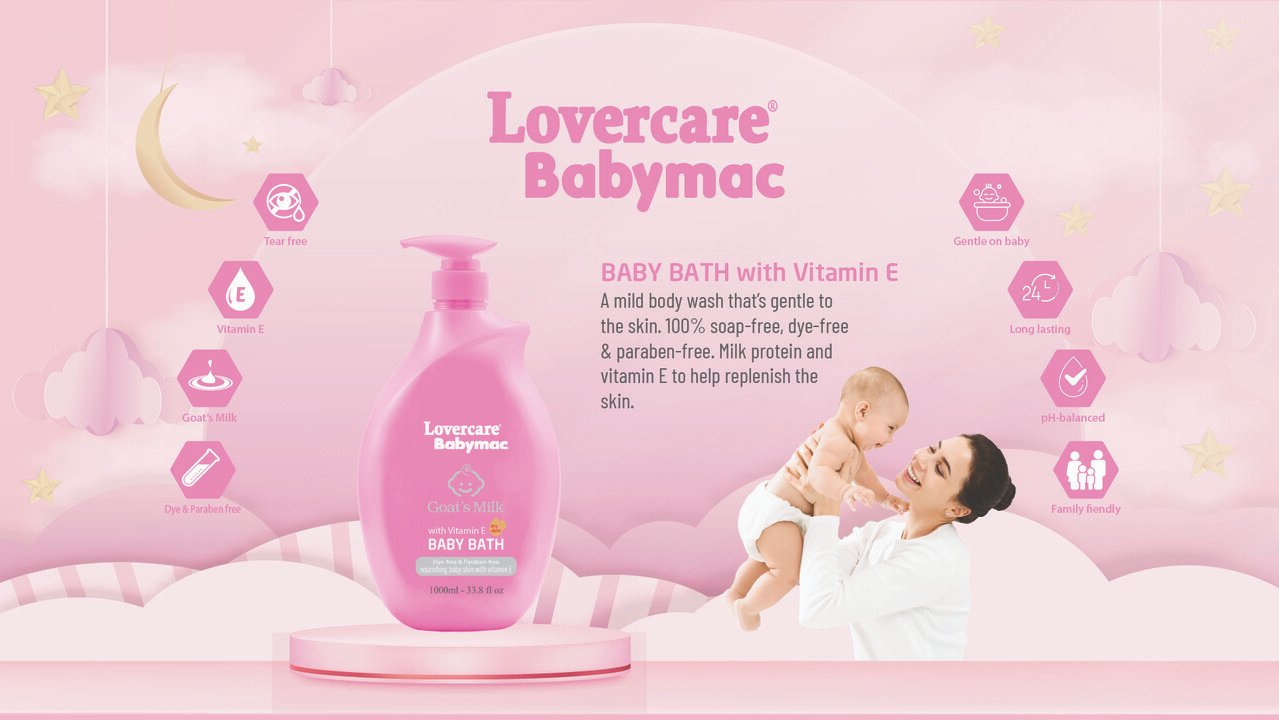**Are Milk Baths Good for Babies?**
Bathing babies is not just about cleanliness; it’s also a precious bonding time between caregivers and infants. While water alone is usually sufficient for gentle cleansing, the concept of milk baths for babies has been gaining popularity among some parents. But are milk baths truly beneficial for infants, or are they just a trendy indulgence?
**The Tradition Behind Milk Baths**
Milk baths have a historical legacy, with accounts of ancient civilizations like the Egyptians, Greeks, and Romans using milk to enhance skin health and beauty. Cleopatra, famed for her radiant complexion, is said to have indulged in luxurious milk baths regularly. The rationale behind this practice lies in the natural components of milk, including proteins, fats, and vitamins, which are believed to nourish and soften the skin.
**Benefits of Milk Baths for Babies**
1. **Moisturizing Properties:** The natural fats in milk, particularly the fats in breast milk, can help moisturize a baby’s delicate skin. For babies with dry or sensitive skin, a milk bath might provide soothing relief.
2. **Gentle Cleansing:** Milk baths offer a gentle alternative to harsh soaps or cleansers, which can strip away the skin’s natural oils. Milk’s mild acidity can help cleanse without causing irritation.
3. **Skin Conditions:** Some parents turn to milk baths as a natural remedy for common skin issues like eczema or diaper rash. The soothing properties of milk may help alleviate discomfort and inflammation.
4. **Bonding Time:** Bathing is a prime opportunity for bonding between caregivers and babies. The warmth and comfort of a milk bath can enhance this bonding experience, promoting feelings of security and closeness.
**Considerations and Precautions**
While milk baths can offer potential benefits, it’s essential to approach them with caution and consideration:
1. **Allergies:** Some babies may have allergies or sensitivities to milk proteins. Before trying a milk bath, it’s crucial to perform a patch test on a small area of the skin to check for any adverse reactions.
2. **Hygiene:** Milk baths require careful preparation to ensure hygiene and safety. Using fresh, pasteurized milk and clean bathwater is essential to prevent bacterial contamination.
3. **Slippery Surfaces:** Milk baths can make the bathtub slippery, increasing the risk of accidents. Always ensure a secure grip on your baby and consider using a non-slip mat in the tub.
4. **Frequency:** While occasional milk baths can be a luxurious treat, they’re not necessary for routine baby care. Overuse could potentially disrupt the skin’s natural balance or lead to milk residue buildup.
**Conclusion**
Milk baths can be a delightful and potentially beneficial addition to your baby’s skincare routine, offering moisturizing and soothing properties. However, they’re not essential for maintaining a baby’s skin health, and it’s essential to exercise caution to avoid adverse reactions or safety hazards. As with any new skincare practice, it’s wise to consult with your pediatrician before introducing milk baths to your baby’s routine, especially if your baby has preexisting skin conditions or allergies. Ultimately, whether or not to incorporate milk baths into your baby’s bathing routine is a personal choice based on your baby’s individual needs and preferences.

